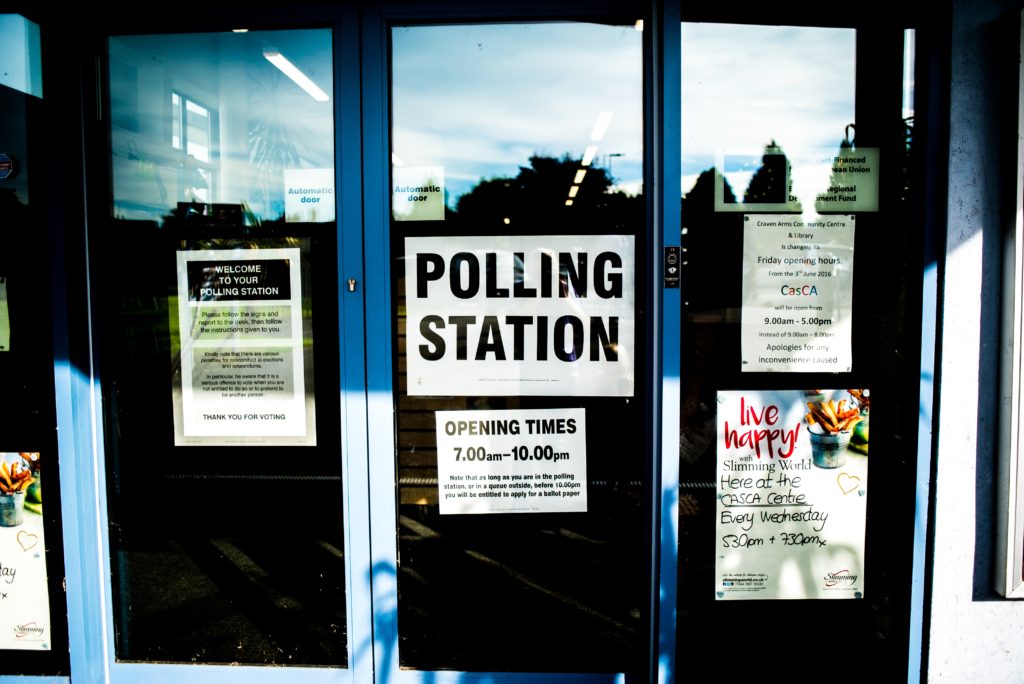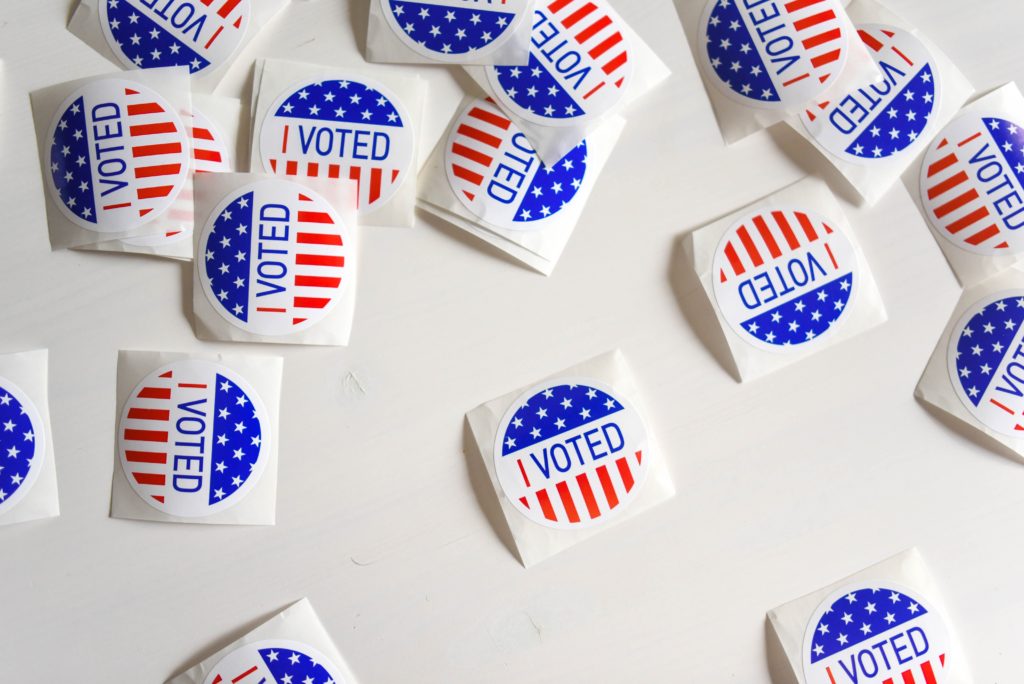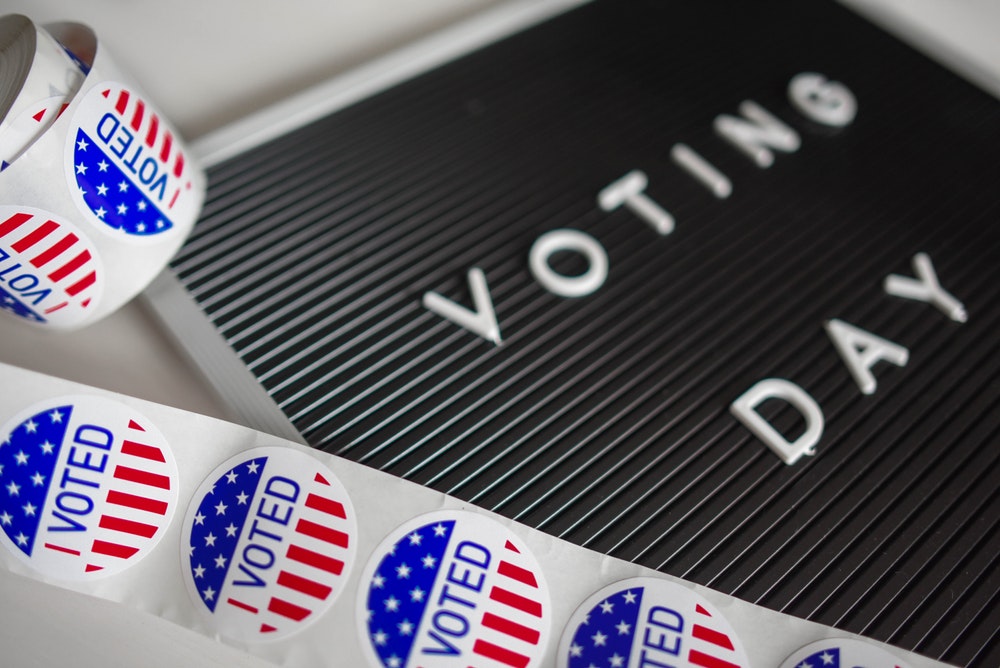As the next presidential election draws closer, your child may notice the signs of an upcoming election that pop up in anticipation of the big day — television ads, bumper stickers, and even actual signs in front of houses and polling places. Voting in elections is a civic responsibility for all American citizens, so it’s important to teach your child about this important democratic process. Lake Forrest Prep, an Orlando private school, has some advice on how you can teach your child about voting.

Take Her With You
The best way for children to learn about the voting process is to experience it for themselves. In all 50 states, you are allowed to bring your child with you into the voting booth. This is a great opportunity for her to see what voting actually looks like, from how many names there are on the ballot to the different bills and amendments voters get to decide on. You don’t only vote for president — casting your vote in state and local elections is just as important. Afterward, you can talk to your child about the responsibilities that go along with voting, and how you should prepare to go to the polls by researching the candidates, proposals, and amendments you’ll be voting on.
Have an Election at Home
You can get your child excited about voting even if she can’t participate in official elections by having your own election at home. Help your child create a ballot box out of an old shoebox. Then, create ballots with choices for a household election, such as deciding what to have for dinner tomorrow night or a fun activity to do this weekend. Everyone in the house gets to vote, and your child will get to see first-hand how her vote counts towards a decision that affects her life, just like in a real election.

Child-Sized Solutions
If you have an older, more socially-conscious child, she may be thinking about the pressing issues of this election year. She may feel frustrated that she’s not old enough yet to vote. But you can reassure your child that one person can make a difference, no matter how small, by offering child-appropriate solutions to an issue. For example, if your child is concerned about the environment, show her how she can do her part to protect the earth by planting a garden or collecting bottles and cans for recycling.
Even if she’s too young to participate on Election Day, you can still teach your child the civic value of voting with these activities. In doing so, you’re preparing her to become an informed, thoughtful citizen when she grows up. For tips on teaching internet safety and developing good homework habits, check out Orlando private school Lake Forrest Prep’s blog!


